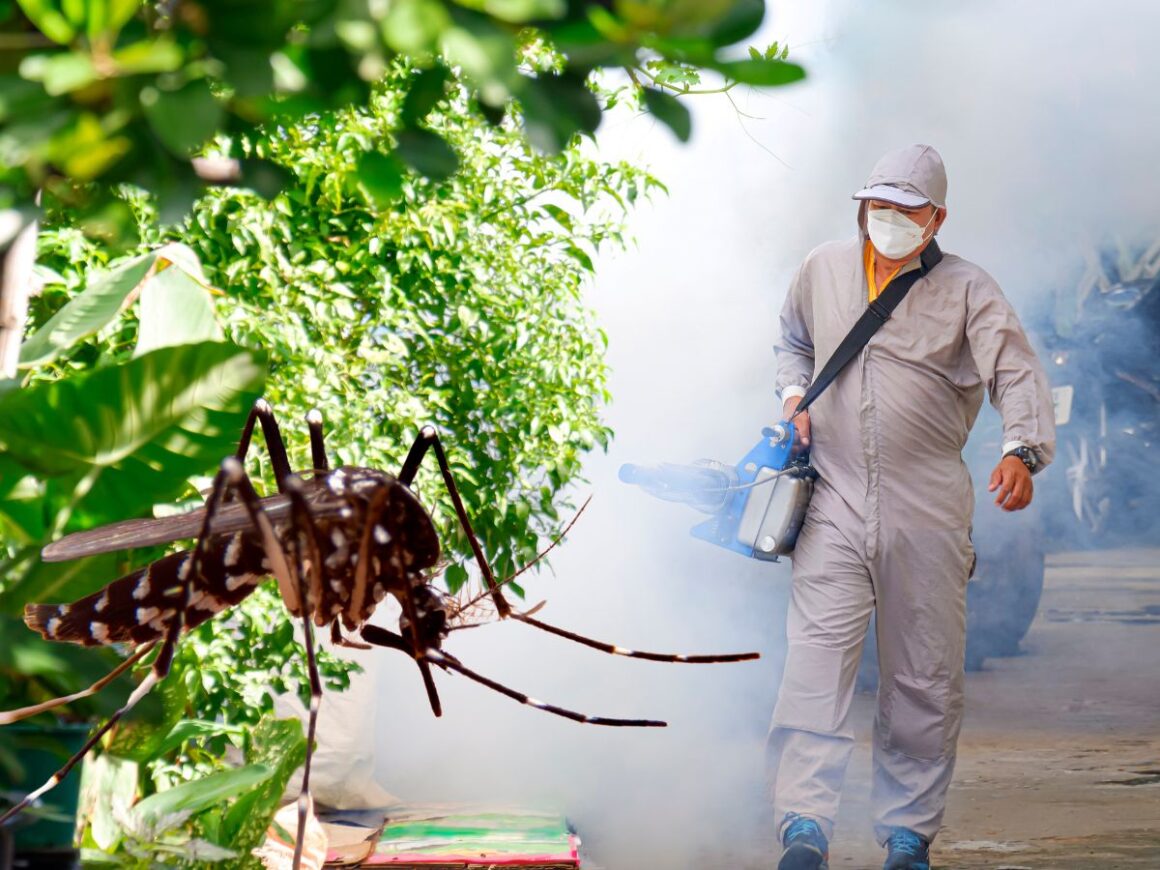New Delhi, October 09: Dengue fever, a viral infection spread by mosquitoes, is a serious health threat in various regions around the globe. Knowing the symptoms is vital since identifying dengue early can save lives. This article highlights five critical symptoms of dengue that are often ignored, emphasizing the need for awareness and quick medical response.
High Fever
One of the first signs of dengue is a sudden high fever, which can rise swiftly to concerning levels. It’s important to keep track of your body temperature frequently and reach out to a doctor if the fever continues or gets worse.
Severe Headache
People suffering from DN often report severe and persistent headaches that can be incredibly painful. Such headaches might indicate severe dengue, which can be deadly. If you notice any severe or unusual headache, it’s crucial to consult a healthcare provider without delay.
Persistent Vomiting
Continuous vomiting is another alarming symptom of dengue that can lead to dehydration and imbalances in electrolytes. In more severe cases, it may suggest the onset of DN hemorrhagic fever, a dangerous condition marked by bleeding and plasma leakage. Staying hydrated is essential to avoid the complications that come with vomiting.
Abdominal Pain
Abdominal pain is frequently overlooked but can signal serious issues with DN. This discomfort might be accompanied by tenderness and could indicate internal bleeding or damage to organs. Any persistent or severe abdominal pain warrants immediate medical attention.
Difficulty in Breathing
In the more serious stages of dengue, individuals might face breathing difficulties, which could signal respiratory distress or dengue shock syndrome. This situation demands urgent medical assistance to avoid severe complications, including organ failure. Treat any issues with breathing as a medical emergency.
DN fever is a significant health danger that calls for alertness and understanding of its life-threatening symptoms. One must be able to spot these signs early and seek timely medical help, to reduce the effects of DN and potentially stay safe. It’s important to educate ourselves and others about DN’s risks and the necessity for early detection and treatment. Staying informed and proactive is essential in the fight against this potentially fatal illness.
Stay Safe, Stay Informed!

